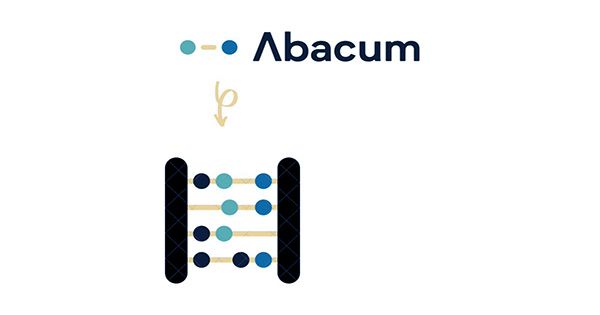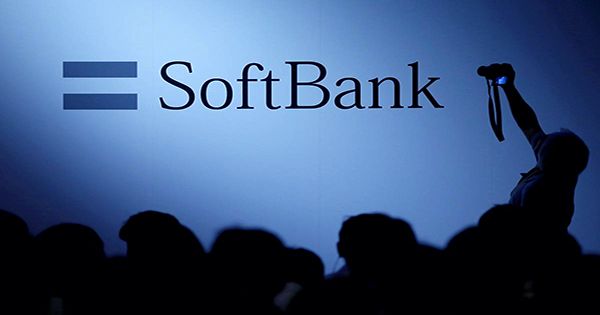As enterprise startups continue to notice attractive gaps in the market, we see increasingly sophisticated equipment being created for small and medium businesses – traditionally too small for a large enterprise equipment to sell a strategic part, and very advanced products for consumers in their need. In the latest development of this trend, an Israeli startup known as Dataals has raised $25 million to continue building a platform that allows SMBs to use Excel to run financial planning and analysis like their larger competitors. After the company initially raised $17.5 million in April, the funding company’s series closed it down to $43.5 million (at some point it was published as its Series A, but it seems the round is not over yet).
The full round includes Jeev Ventures, Vertex Ventures Israel and Innovation Antivirus, which have been paired with vintage investment partners at this most recent end. The databases do not disclose its valuation, noting that it has doubled in the last four months with hundreds of customers centered on the North American market and aimed to exceed one thousand this year. It raised a total of $55 million.
The challenge that Deterals has identified is that, on the one hand, SMBs have begun adopting many more applications, including software provided as a service to help them run their businesses – a trend that accelerated last year with epidemics and remote work to replace face-to-face interactions. That knock-on effect for bringing virtual elements. The challenge that Deterals has identified is that, on the one hand, SMBs have begun adopting many more applications, including software provided as a service to help them run their businesses – a trend that accelerated last year with epidemics and remote work to replace face-to-face interactions. That knock-on effect for bringing virtual elements.
These applications may include Salesforce, Netsite, Sage, SAP, Quickbooks, Jura, Zero, ADP and many more. Businesses, on the other hand, lack the tools to view data from these various applications in an overall way. Although Excel is a default application for many of them, they are reading a lot of individual spreadsheets rather than just integrated data analytics based on numbers.
















